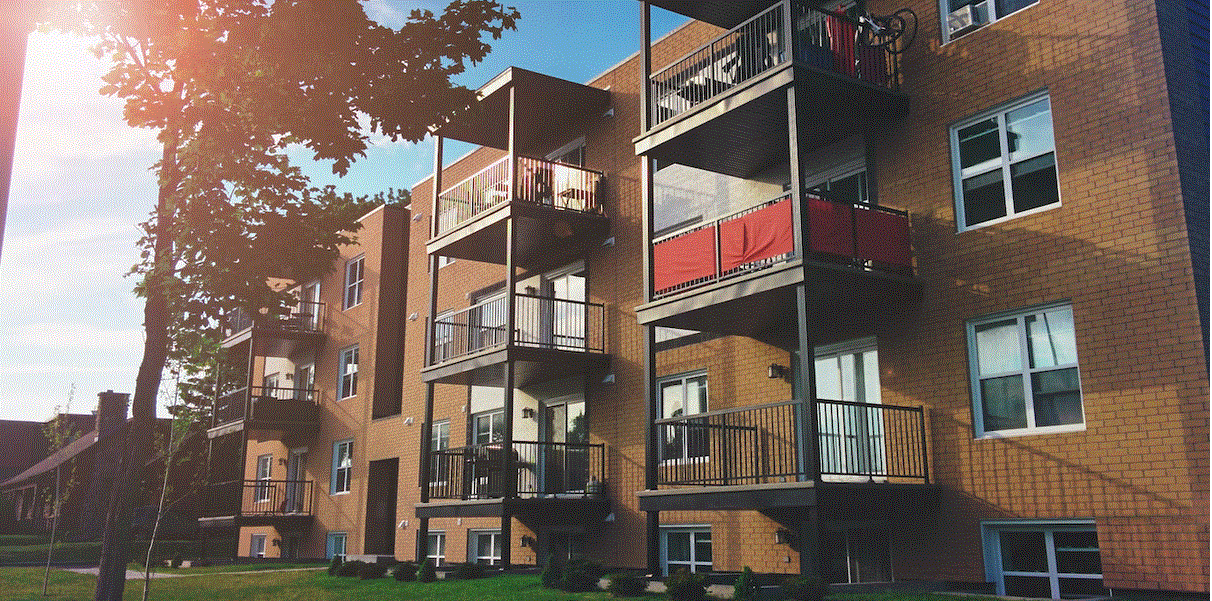NEW YORK - According to industry experts, the New York Real Estate Market will likely experience a strong recovery during 2022. However, the recovery will be slow, and the economy will need time to recover. Although COVID-19 policies have opened up different economic sectors at varying speeds, New York is still facing a long recovery. The housing market will be very active, with the home-buying season fast approaching.
Rent Prices Continue Rising In New York City
The rental market in Manhattan is still hot, but prices may start to slow down in August or September. Inflation is rising, and landlords aim to earn back their investment with rent increases. Another factor contributing to rent increases is the rise in mortgage rates. Although the Federal Reserve doesn't set mortgage rates directly, they tend to track 10-year US Treasury bonds. Moreover, the Fed's attempts to tame inflation indirectly affect mortgage rates.
While many uninformed onlookers may blame the market for rent prices in Manhattan, the truth is that the city's high rents result from a combination of governmental constraints. People may be tempted to respond to the affordability crisis by supporting more big-government policies. However, the best approach is to delve deeper into the problem to discover the real causes. New Yorkers will continue to suffer until policymakers free up the rental market.
The soaring prices have led to a tight supply of affordable rental housing. The median rental price in Manhattan rose nearly 30 percent year-over-year, with luxury apartments seeing a 33% increase in rents. Luxury apartments, which comprise the top 10% of the market, now reach $10,000 per month. As a result, renters are often forced to pay more than the listed price to find a place. As a result, vacancy rates in Manhattan have plummeted to nearly zero, despite the high demand for rental housing.
Home Prices Are Out Of Whack
According to Goldman Sachs, the New York Real Estate Market will begin a long decline in 2023, with an 8% drop in new home sales and an 11% drop in existing home sales. However, the firm does not expect home prices to plummet dramatically. While prices are expected to decelerate in 2023, it is unclear how long this trend will last.
Home affordability continues to be a major issue in the U.S., and recent double-digit price increases have only exacerbated the problem. As a result, more affordable housing is needed to meet demand and ensure that a large part of the workforce has somewhere to call home. Historically, markets without such housing have been hit by out-migration. This problem puts a strain on the housing infrastructure, as many renters are forced to move to the suburbs.
In New York, the housing market has been experiencing unprecedented growth. The growth rate of home prices was unsustainable, and the rise in mortgage rates will slow the price growth rate. Despite the slowdown, the number of first-time homebuyers and limited available housing supply will drive home prices higher.
Inflation Is A Significant Risk To The 2023 Housing Market
Inflation is one of the biggest risks facing the New York housing market. While there is still room for some price appreciation, rising inflation will make spending more difficult for consumers. This will create economic instability and possibly even recession. Rising prices will also result in sticker shock, which will deter buyers from buying. As a result, the number of available homes will be shrinking. Rising prices will also force sellers to stay on the sidelines, declining prices.
Rising interest rates are affecting the overall US housing market, as well. Goldman Sachs has warned home sellers that the housing market's downturn will continue well into 2023. However, this doesn't necessarily mean that home prices will be significantly lower in the future. According to Goldman Sachs, home prices in the second quarter of this year averaged $525,000. That's more than $1 million higher than the same period in 2020. While strategists predict that home prices will drop slightly over the next year, they expect prices to remain high due to inflation and the shortage of available homes.
The National Association of REALTORS(r) and the Economic and Housing Weekly Notes publish a snapshot of macroeconomic and housing data. These reports are often useful when looking at the state of housing markets. The report is based on American Enterprise Institute's Housing Center data. The report also includes an overview of national prices.
Home Values Will Fall Sharply In 2023
In addition to higher interest rates, the overall weakness of the economy will cause the demand for housing to slow. A drop in home prices would require less demand and a higher supply of homes. However, given the current level of housing supply, the risk of home values dropping sharply is low. The decline in 2023 is predicted to be modest, and home prices will likely level off.
Home values have begun to fall since April, with an 8.6 percent decrease compared to last year. While the decline may not be as pronounced as some fear, the decline will remain significant. According to Zillow economists, home values will fall in 259 of the nation's 896 real estate markets between August 2022 and 2023.
In the meantime, the decline is expected to continue in the Bay Area and San Francisco. In addition to these major cities, oil towns are expected to pull back. The decline in home values is likely to be around 15 percent nationwide. But the market has been soaring for years, so the drop isn't necessarily bad. Home values tend to increase more slowly during election years. And when a new president takes office, it creates uncertainty and buyer hesitancy.




